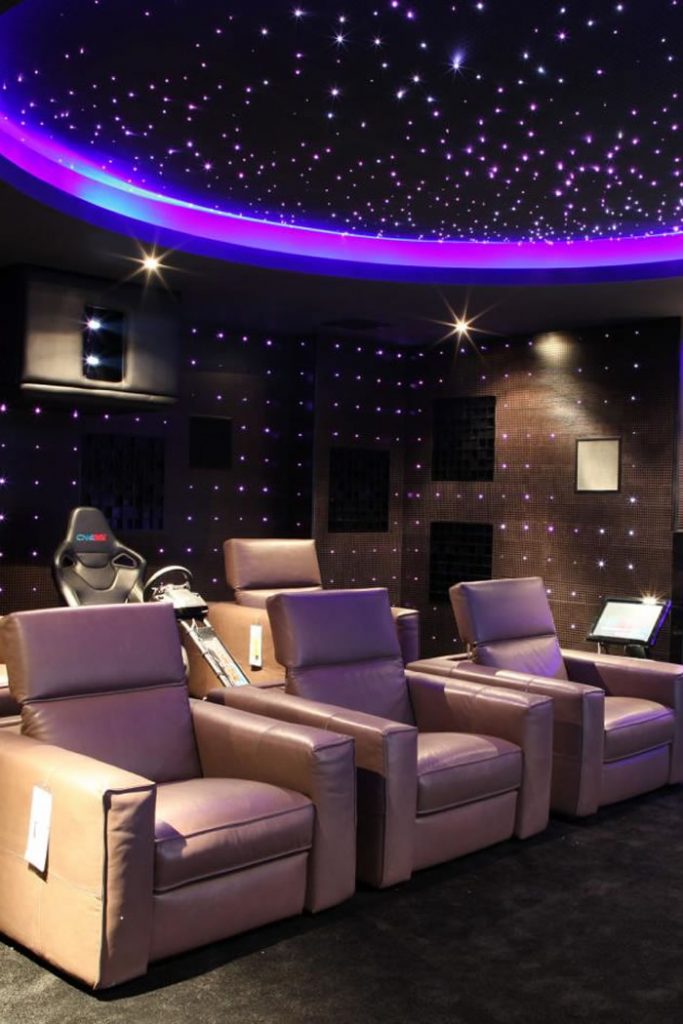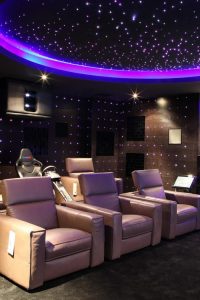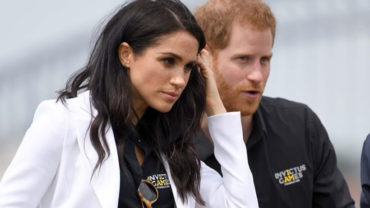LEDs have become more popular than ever, due in part to their energy efficiency, durability, long lifespan, and superior light quality. The advancement of LED technology has given way to decreased prices and a much larger range of styles and color temperatures. While up-front prices are still above incandescents and fluorescents, LEDs have proven their worth with lifespans of up to 20 years and smaller energy bills. From bedroom task lighting to illuminating an entire landscape, the possibilities are endless when it comes to utilizing this technology. Let’s take a look at five ways to incorporate LED lights into your home design.
1. In the Kitchen: LED Strip Lighting
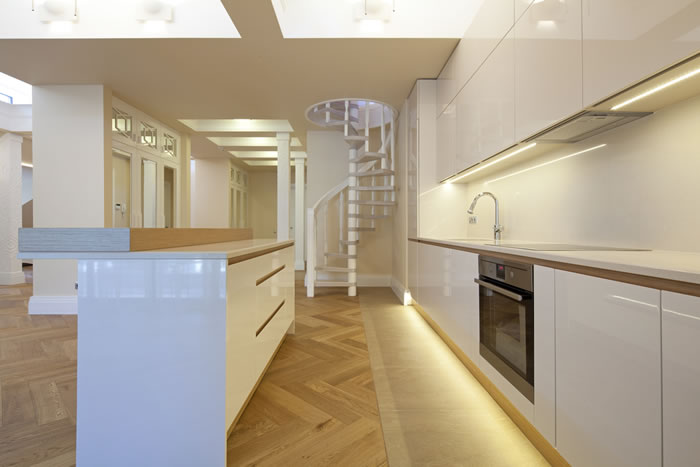
Proper lighting can work wonders in the kitchen, from the floor to the ceiling. With so many options and application methods available, it’s no wonder LED lighting has now become a staple in kitchen design. LED strip lighting has adhesive backing, a variety of color temperatures and endless lengths, and can easily be applied on top of upper cabinetry for that “wow” factor. Show off your favorite dishes in glass-front cabinets or open shelving, and light them with strip lighting behind the cabinet’s face or under the shelving. For a wine cabinet, LEDs are the best alternative to incandescent lighting. They emit very little heat and UV light, preventing damage to your favorite bottle of wine.
2. In the Bathroom: LED Sconces
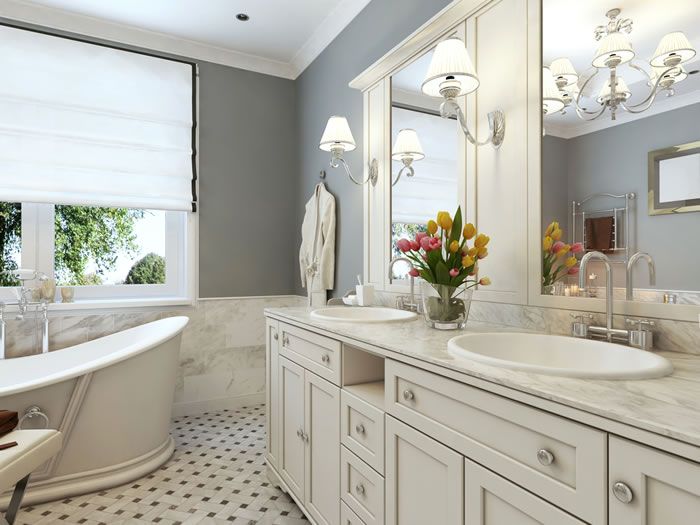
There’s nothing worse than getting ready in a bathroom that has minimal or unflattering light. Incandescents will make things look more yellow, and fluorescents can wash out a space. By choosing LED lighting for the bathroom, you can pinpoint a light temperature that works best for you and your bathroom. LED sconces offer a variety of favorable light temperatures, from warm to cool and everywhere in between. By utilizing wall-mounted LED sconces instead of overhead lighting, the person standing in front of the mirror will be illuminated in the correct color temperature and avoid any unflattering shadows from above.
3. In the Living room: LED Downlighting
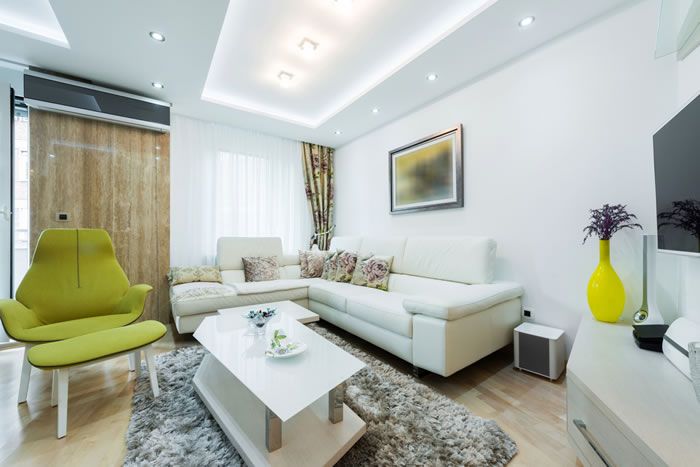
Recessed lighting and living spaces go hand in hand. Retrofit your already-existing recessed cans with LED bulbs for increased efficiency and dazzling light. If viable for your budget and space, consider swapping out your can lighting for LED recessed modules. Not only are they made to house LED bulbs, but they provide better quality light, last longer and come with built-in heat prevention.
4. In the Bedroom: LED Floor and Table Lamps
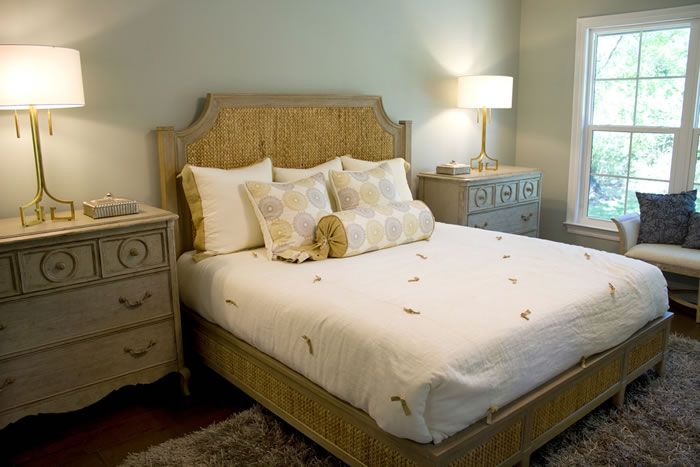
In the bedroom, ambient lighting is key. Table lamps, floor lamps, and bedside task lighting are perfect additions for creating a welcoming room without the harsh glare from recessed canned lighting and overly bright pendants. LED bedside task lights are great choices for crisp, bright lighting. Table lamps on top of dressers and floor lamps in cozy corners can easily be retrofitted with LED bulbs for longevity. No need to replace those lamp bulbs every few months—with an average lifespan of 20 years, LEDs blow incandescent bulbs out of the water with durability and energy efficiency so you can spend more time sleeping in rather than replacing light bulbs.
5. In the Outdoors: LED Landscape and Security Lighting
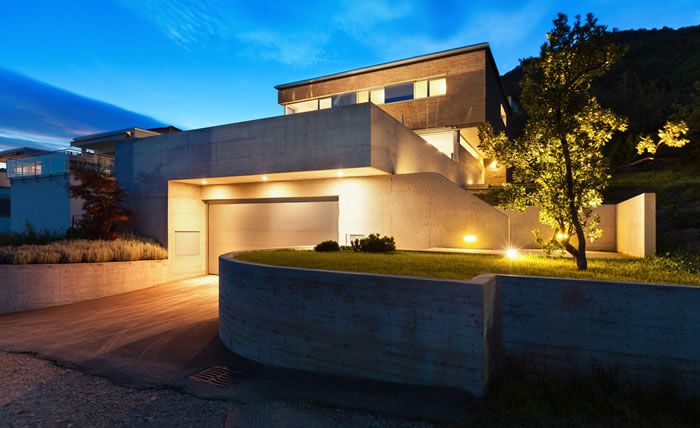
The latest LED technology is taking over outdoor lighting. As the king of durability, quality LED lighting is an exceptional choice for exterior settings to avoid replacing tricky fixtures every year. Dispersed low-light LED landscape lighting not only adds dramatic illumination to your outdoor space but also a level of security. Motion-sensor security lighting and flood lighting also have been LED staples for years. They offer heavy-duty fixtures that get the job done without the worry of a bulb going out. -lifehack

